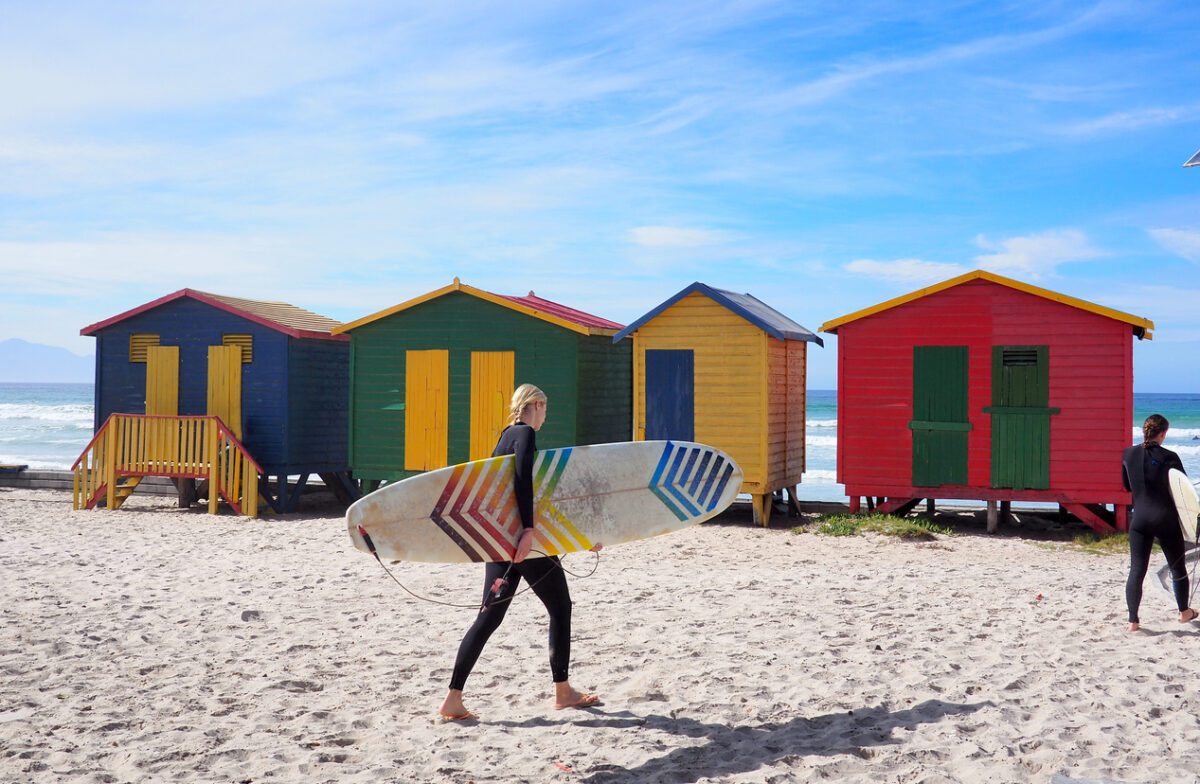The pandemic accelerated two very different but increasingly popular ways to get an international education. Traditional study‑abroad programs place students at universities overseas, immersing them in campus life and local culture.
A newer alternative is remote learning while traveling. You take classes on the internet and move from place to place. To decide what’s best, think about school quality, cultural experiences, cost, how flexible it is, and the personal growth you want.
Academic Experience and Skill Development
In‑person study abroad remains the gold standard for students who want to experience a foreign university. Studying overseas gives you access to local professors, labs, and academic networks. Researchers noted that a campus experience fosters in‑person networking, improves language skills through daily interactions, and lets students join clubs and societies.

Students build important people skills like teamwork and respect for other cultures when they live and learn with local classmates. But living abroad can be expensive — tuition, housing, and travel add up — and learning a new school system can be stressful.
Remote or hybrid programs are more flexible. You can study from anywhere, often at your own pace, and save money since you don’t pay for campus housing or visas. You can keep working or do an internship, and some students learn better at home.
However, you miss full cultural immersion, real-life language practice, and in-person networking. Online study also takes a lot of self-discipline because there’s less structure from classes and deadlines.
Travel Dynamics: Living Like a Local vs. Being a Nomad
In most study abroad programs, you live in one city for a semester or a year. You might take a few weekend trips, but most of your time is in that one place. This helps you make close friends, build a routine, and feel like you have a second home. Long‑term stays help with language acquisition and provide time to volunteer or work part‑time.
For example, International Volunteer HQ’s Tanzania program combines volunteering with cultural immersion and offers seven project options, from animal welfare to construction placements, at an affordable rate. Staying for several weeks enables volunteers to explore more than the tourist highlights and develop lasting friendships.
Remote learning on the road mirrors the digital-nomad life: you take classes online and stay a few weeks or months in each city. It lets you chase good weather, surf seasons, and festivals, but frequent moves can weaken community ties and cause loneliness or fatigue. If you choose this path, look for cities with low costs, reliable internet, and digital-nomad visas.
Valencia in Spain offers rich Mediterranean culture and affordable apartments. Working online from such destinations gives you the freedom to change scenery without sacrificing your studies.
Cultural Immersion and Personal Growth
Study abroad fosters deep cultural immersion — learning local customs, languages, and values. Students share meals with host families, attend cultural events, and sometimes volunteer.
Maximo Nivel’s volunteer programs in Costa Rica, Guatemala, and Peru include 24/7 in‑country support. African Impact integrates accommodation, meals, equipment, and transfers within the project fee, making them accessible add‑ons during a study-abroad semester.
Joining a volunteer project amplifies the cultural immersion because you work alongside local communities and learn about their challenges and customs.
Remote learners can also find meaningful immersion by volunteering or interning. GoEco’s Costa Rica Sea Turtle Protection & Eco‑Oasis program lets volunteers patrol nesting beaches, safeguard nests, and live in an eco‑friendly community house. GoEco also offers a Big 5 wildlife reserve program in South Africa, where volunteers monitor animals and stay in a comfortable lodge with a pool.
These programs can be scheduled around online class commitments to provide hands‑on cultural experiences between study sessions.
Which Is Best for You?
- Choose study abroad if you value structured academic environments, want immersive cultural experiences, and have the financial means to live overseas for a semester or year. You’ll build deep relationships, improve language skills, and gain a global perspective that employers value.
- Choose remote learning while traveling if you crave flexibility, already have an online degree program, or work remotely and want to explore multiple destinations. This route suits self‑motivated learners and digital nomads who thrive on change. Supplement your travels with short‑term volunteer projects from providers like GoEco or African Impact to add purpose and community.
- Blend both by doing a semester abroad and then continuing your coursework remotely while traveling. Many digital‑nomad visas last 6 to 12 months, so you could spend a semester at a university and another traveling and volunteering.
Regardless of your choice, planning is key. Budget for the full cost of tuition, housing, visas, and travel; choose destinations with strong internet infrastructure; and consider mental health. Digital nomads often struggle with loneliness and burnout—regular exercise, mindfulness, and community support are crucial for long‑term travelers.
Study abroad participants may face culture shock; connecting with local mentors and volunteering can ease the transition. Ultimately, both paths can be transformational if you engage deeply and intentionally with the places you visit.


Munira Maricar · Travel Writer
With an international living background spanning Singapore, Qatar, Japan, and Mexico, Munira enjoys sharing insights on immersive travel while emphasizing the vital role of cultural respect and ethical engagement. Her extensive experience offers a unique perspective that inspires others to explore the world through service, ensuring that every journey respects and contributes positively to local traditions and communities.